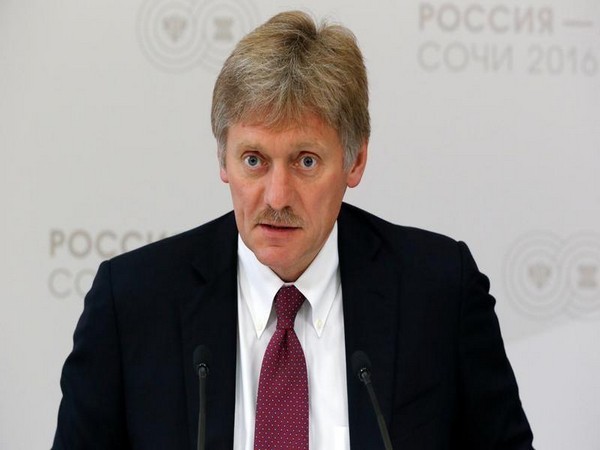Russia says European powers should counterbalance 'aggressive' Poland, Baltics
(This content was produced in Russia where the law restricts coverage of Russian military operations in Ukraine.) (Adds quote, context) MOSCOW, Jan 31 (Reuters) - Russia said on Tuesday that calls by the president of Lithuania to supply Ukraine with fighter planes highlighted the "extremely aggressive position" of the Baltic states and Poland, and that "major European countries" should counterbalance their stance.

- Country:
- Russian Federation
Russia said on Tuesday that calls by the president of Lithuania to supply Ukraine with fighter planes highlighted the "extremely aggressive position" of the Baltic states and Poland, and that "major European countries" should counterbalance their stance. Lithuanian President Gitanas Nauseda said on Monday that NATO should stop drawing "red lines" and should supply Ukraine with whatever weapons it needed, including fighter jets and long-range missiles.
Asked about those comments, Kremlin spokesman Dmitry Peskov told reporters: "In general, we see an extremely aggressive position from representatives of the Baltic countries and Poland. They are apparently ready to do anything to provoke the growth of further confrontation, with little regard for the consequences." He added: "Of course, it is very sad that under these conditions the leaders of major European countries, who drive all European processes, unfortunately, do not play a balancing role."
Nauseda's call followed decisions last week by Germany and the United States to supply battle tanks to Ukraine, a move Russia described as an escalation of the conflict. The Baltic states of Lithuania, Latvia and Estonia - all ruled by Moscow until they broke away from the Soviet Union in 1991 - have strongly backed Ukraine, supporting its argument that it needs more advanced Western weapons as soon as possible in order to head off a feared new Russian offensive.
Moscow sent tens of thousands of troops into Ukraine on Feb. 24 last year in what it called a "special military operation."
(This story has not been edited by Devdiscourse staff and is auto-generated from a syndicated feed.)
ALSO READ
China expresses concern at EU's 'discriminatory' measures against its firms
China says EU's wind turbine subsidy probe 'discriminatory'
UPDATE 2-China says EU's wind turbine subsidy probe 'discriminatory'
China says EU's wind turbine subsidy probe 'discriminatory'
Nordic, Baltic nations urge EU, NATO help for Ukraine










